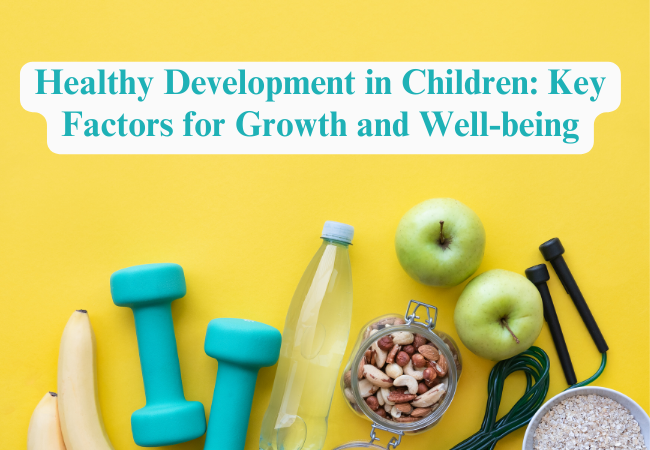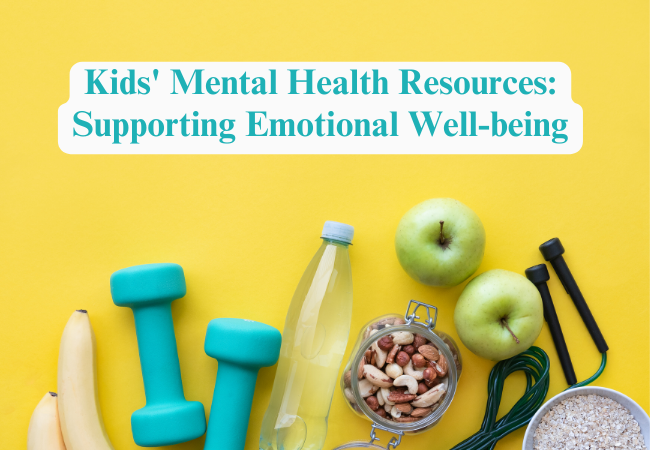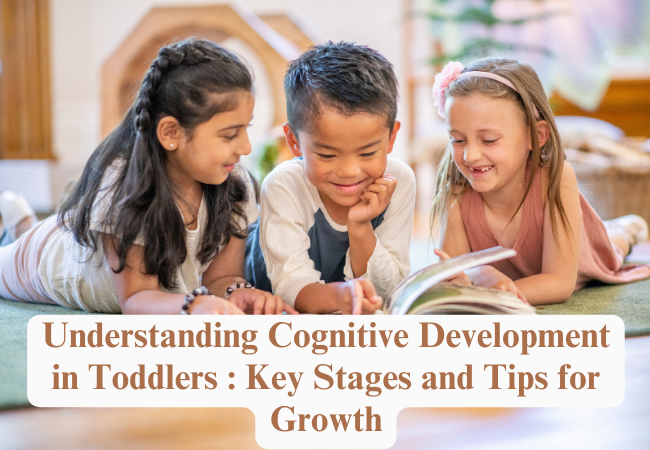Healthy Development in Children: Key Factors for Growth and Well-being
Learn about the key factors for healthy development in children. Discover tips and strategies to support your child’s growth, emotional well-being, and overall health.
As parents and caregivers, we all want our children to grow up healthy, happy, and well-adjusted. But what exactly contributes to healthy development in children? In this comprehensive guide, we’ll explore the key factors that influence a child’s growth and well-being, and provide practical tips to support your child’s development.
Understanding Child Development

Before we dive into the key factors, it’s important to understand that child development is a complex process that occurs across several domains:
- Physical development
- Cognitive development
- Social and emotional development
- Language development
These areas are interconnected, and progress in one area often influences development in others.
Key Factors for Healthy Child Development
1. Nutrition
Proper nutrition is crucial for a child’s physical growth and cognitive development.
Tips for Promoting Good Nutrition:
- Offer a balanced diet with a variety of fruits, vegetables, whole grains, and lean proteins
- Limit processed foods and sugary drinks
- Encourage regular meal times and healthy snacking habits
- Model good eating behaviors
2. Physical Activity
Regular physical activity is essential for healthy growth, motor skill development, and overall well-being.
Ways to Encourage Physical Activity:
- Provide opportunities for both structured and unstructured play
- Limit screen time and encourage outdoor activities
- Participate in family physical activities like bike rides or walks
- Enroll children in sports or dance classes based on their interests
3. Sleep
Adequate sleep is crucial for physical growth, cognitive function, and emotional regulation.
Tips for Promoting Healthy Sleep Habits:
- Establish a consistent bedtime routine
- Create a sleep-friendly environment (dark, quiet, and cool)
- Limit screen time before bed
- Ensure age-appropriate sleep duration
4. Emotional Support and Attachment
A strong emotional bond with caregivers provides a secure foundation for a child’s social and emotional development.
Ways to Foster Emotional Support:
- Respond consistently and sensitively to your child’s needs
- Show affection through words and physical touch
- Spend quality one-on-one time with your child
- Validate your child’s feelings and help them express emotions appropriately
5. Cognitive Stimulation
Engaging children in activities that challenge their minds supports cognitive development and learning.
Ideas for Cognitive Stimulation:
- Read to your child regularly and encourage a love of books
- Provide age-appropriate puzzles and educational toys
- Engage in conversations that encourage critical thinking
- Support your child’s curiosity and answer their questions
6. Social Interaction
Opportunities for social interaction help children develop important social skills and emotional intelligence.
Ways to Promote Social Development:
- Arrange playdates with peers
- Encourage participation in group activities or classes
- Model positive social behaviors
- Teach and practice social skills like sharing and turn-taking
7. Safe and Stimulating Environment
A safe environment that offers opportunities for exploration and learning is crucial for healthy development.
Tips for Creating a Supportive Environment:
- Childproof your home to prevent accidents
- Provide a variety of age-appropriate toys and materials
- Create designated spaces for play, learning, and rest
- Limit exposure to violence and inappropriate content in media
8. Routine and Structure
Consistent routines provide children with a sense of security and help them develop self-regulation skills.
Ways to Establish Routines:
- Create a daily schedule that includes regular meal times, play times, and bedtimes
- Use visual schedules for younger children
- Be consistent with rules and expectations
- Allow for some flexibility within the routine
9. Positive Discipline
Effective discipline strategies help children learn self-control and appropriate behavior.
Tips for Positive Discipline:
- Use clear, age-appropriate explanations for rules
- Consistently enforce consequences for misbehavior
- Focus on teaching rather than punishing
- Praise good behavior and effort
10. Access to Healthcare
Regular check-ups and timely medical care are essential for monitoring growth and addressing any health concerns.
Healthcare Considerations:
- Schedule regular well-child visits
- Stay up-to-date with vaccinations
- Address any developmental concerns promptly
- Teach and model good hygiene habits
Conclusion
Healthy child development is a multifaceted process that requires attention to various aspects of a child’s life. By focusing on these key factors – nutrition, physical activity, sleep, emotional support, cognitive stimulation, social interaction, a safe environment, routines, positive discipline, and healthcare – you can create a strong foundation for your child’s growth and well-being.
Remember that every child develops at their own pace, and what works for one child may not work for another. It’s important to be patient, observant, and flexible in your approach. If you have concerns about your child’s development, don’t hesitate to consult with your pediatrician or a child development specialist.
By providing a nurturing and supportive environment that addresses these key factors, you can help your child thrive and reach their full potential.
Learn more about child development milestones
Discover strategies for promoting healthy eating habits in children
Remember, raising a child is a journey, and it’s okay to seek support and guidance along the way. You’re doing great, and your efforts to support your child’s healthy development will have a lasting positive impact on their life.
For more information and guide, visit usaparentingtips.com






